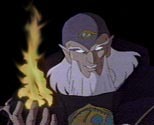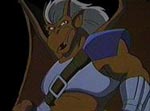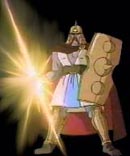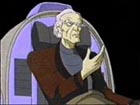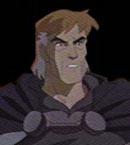
MATTHEW - Thanks. I doubt I'll be doing many other opening quotes in the reviews to come, but there may be one or two. The one I'd picked for Puck just stood out to me. (I also briefly considered "If we spirits have offended..." but the "merry wanderer of the night" felt far more appropriate.)
Todd Jensen
posted @ Sun, Nov 24, 2024 8:54:54 am EST from 68.99.93.213

